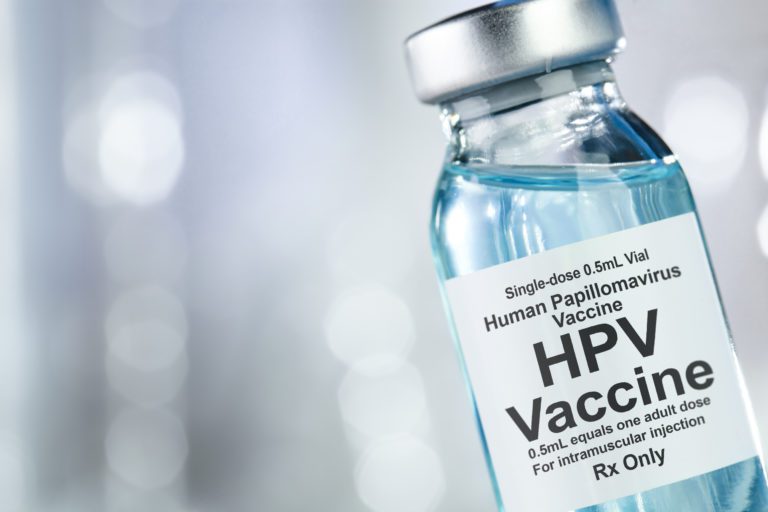Human papillomavirus (HPV) is the most common sexually transmitted infection. This virus has many types, with some causing minor health problems such as genital warts, and more serious issues including cervical cancer.
HPV can be spread by an infected person through vaginal, anal, or oral sex. It can also be spread through skin-to-skin contact during intercourse. You may be infected with HPV and not experience or see any immediate signs or symptoms. In fact, did you know that symptoms may develop years after having sex with an infected person.
Some HPV infections will clear on their own within two years without causing health problems. However, in some cases, it doesn’t go away and instead causes genital warts and even some cancers.
Genital warts typically appear as a small bump or group of bumps in the genital area that may vary in size and be raised or flat. Your healthcare provider can identify them via an exam.
Human Papillomavirus Vaccination
The HPV vaccination, a safe and effective vaccine, recommended for the following:
- Girls and boys ages 11 or 12 (or starting at age 9)
- Individuals through age 26, if not already vaccinated
The adult population ages 27-45 is a new group that can now receive the HPV vaccine if not previously vaccinated. If you’re in this age range, ask your healthcare provider about HPV vaccination. Ask about your individual risk factors for contracting HPV infections and the potential benefits of the HPV vaccine. Note: The HPV vaccine will not protect a person against HPV types a person has already been exposed to in their past.
The HPV vaccine is given in a three-dose scheduling series (0, 1-2, 6 months). There are little to no severe side effects following the administration of the HPV vaccination. The most common side effect is soreness at the site of injection.
Pregnancy and Lactation
The HPV vaccine is not given during pregnancy. However, if a pregnant person receives the vaccine during pregnancy, it has not been shown to cause harm to the developing fetus. The HPV vaccine can be safely administered to people who are lactating. Please talk to your healthcare provider to determine if the HPV vaccine would benefit you. There are lots of resources to support you in engaging in this discussion with your healthcare provider.
YOU MAY ALSO LIKE: Vaccinate for a Healthy Life






Comments are closed.